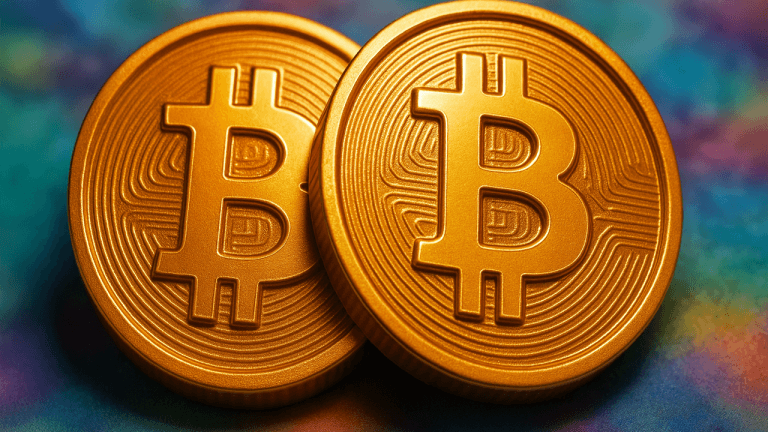40% of JD Health’s net proceeds will go toward business expansion over the next 3 to 5 years. 30% will be allocated for research and development in the next 2 to 3 years. The rest will go to potential investments, acquisitions, and general corporate purposes.
JD Health International Inc (HKG: 6618), the healthcare subsidiary of JD.com (HKG: 9618), has debuted on the stock market in Hong Kong. Its price soared 34% to HK$94.5, which makes JD Health IPO the largest Hong Kong IPO this year.
JD Health is an e-commerce platform for pharmaceutical products that make more than 80% of its revenues. Based in Beijing, China, the company is the biggest pharmaceutical retailer that sells both to businesses and consumers. In the first half of 2020, it boasted an average of approximately 90,000 daily online consultations.
The company has been preparing for its IPO for quite a long, targeting to raise $3.5 billion in Hong Kong’s debut. And it met the target. The company raised as much as $3.48 billion, which is the largest first-time share sale in Hong Kong this year. JD Health issued 381.9 million shares and priced them at HK$70.58 each. Throughout the day, JD Health stock hit an intra-day high of HK$109.5, up 55% from the offer price. At the market open today, the shares were trading at HK$94.5, which is 34% higher than their offering price.
JD Health has already decided on how to use the funds raised. In particular, 40% of the net proceeds will go toward business expansion over the next 3 to 5 years. 30% will be allocated for research and development in the next 2 to 3 years. The rest will go to potential investments, acquisitions, and general corporate purposes.
Among the most prominent JD Health investors were Hillhouse, Tiger Global, Lake Bleu Prime, China Structural Reform Fund, Blackrock, and Singapore’s sovereign wealth fund GIC. After the IPO, JD.com will remain the controlling shareholder of JD Health.
JD Health Further Plans after Debut in Hong Kong
Healthcare companies were among those who benefited from the pandemic. However, for start-ups, China’s health-care industry is quite difficult to navigate. China is the world’s second-largest market for health care, reaching $998 billion in 2019. Chinese government focuses a lot on providing medical care and runs mass insurance programs for reimbursing patients.
JD Health CEO Xin Lijun said:
“From the long-term perspective, the pandemic has greatly pushed forward the health-care industry. A lot more Chinese people are now participating in online medical services.”
He also noted that every business has its own challenges:
“It is not a market-based scenario. Of course, in theory, our biggest challenge is getting more customers to know about JD Health’s services, and integrating online health care better with offline services.”
In the nearest future, JD Health might invest in offline drugstores. It is also planning to focus on working more with overseas health-care organizations.
Daria is an economic student interested in the development of modern technologies. She is eager to know as much as possible about cryptos as she believes they can change our view on finance and the world in general.




